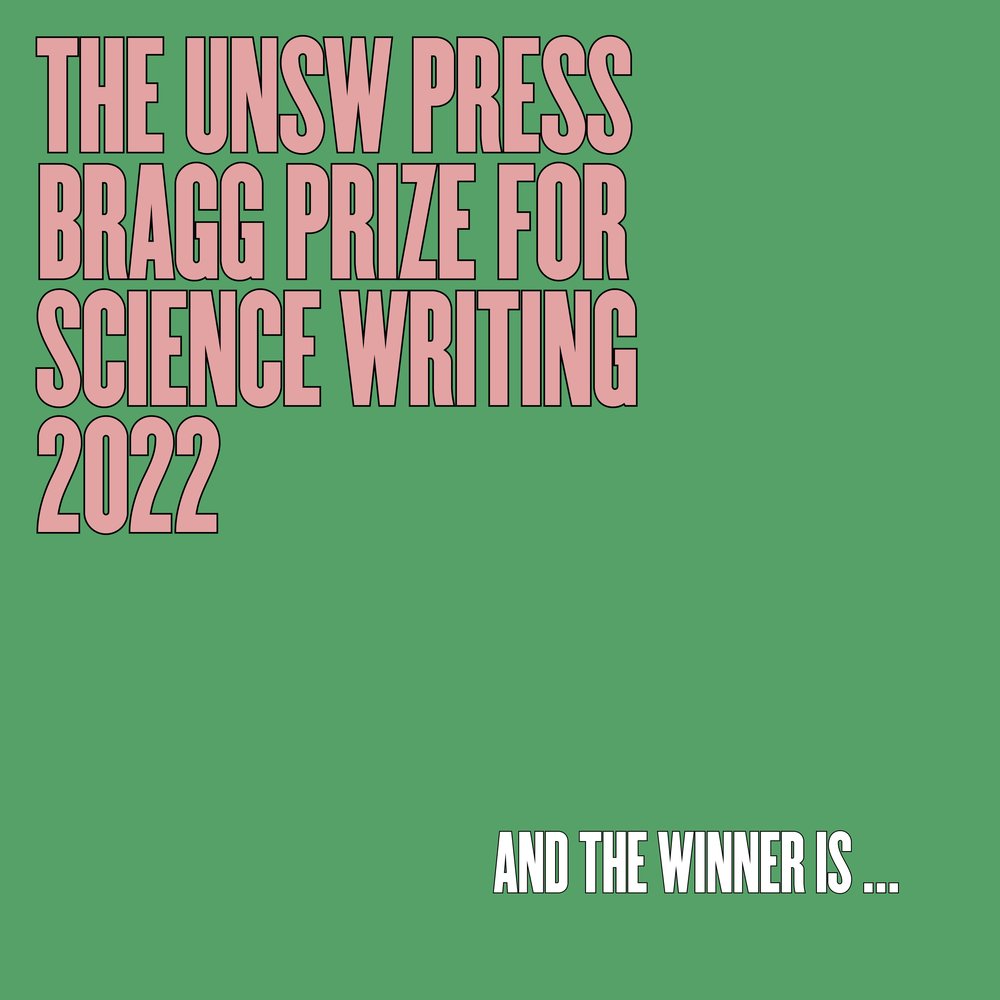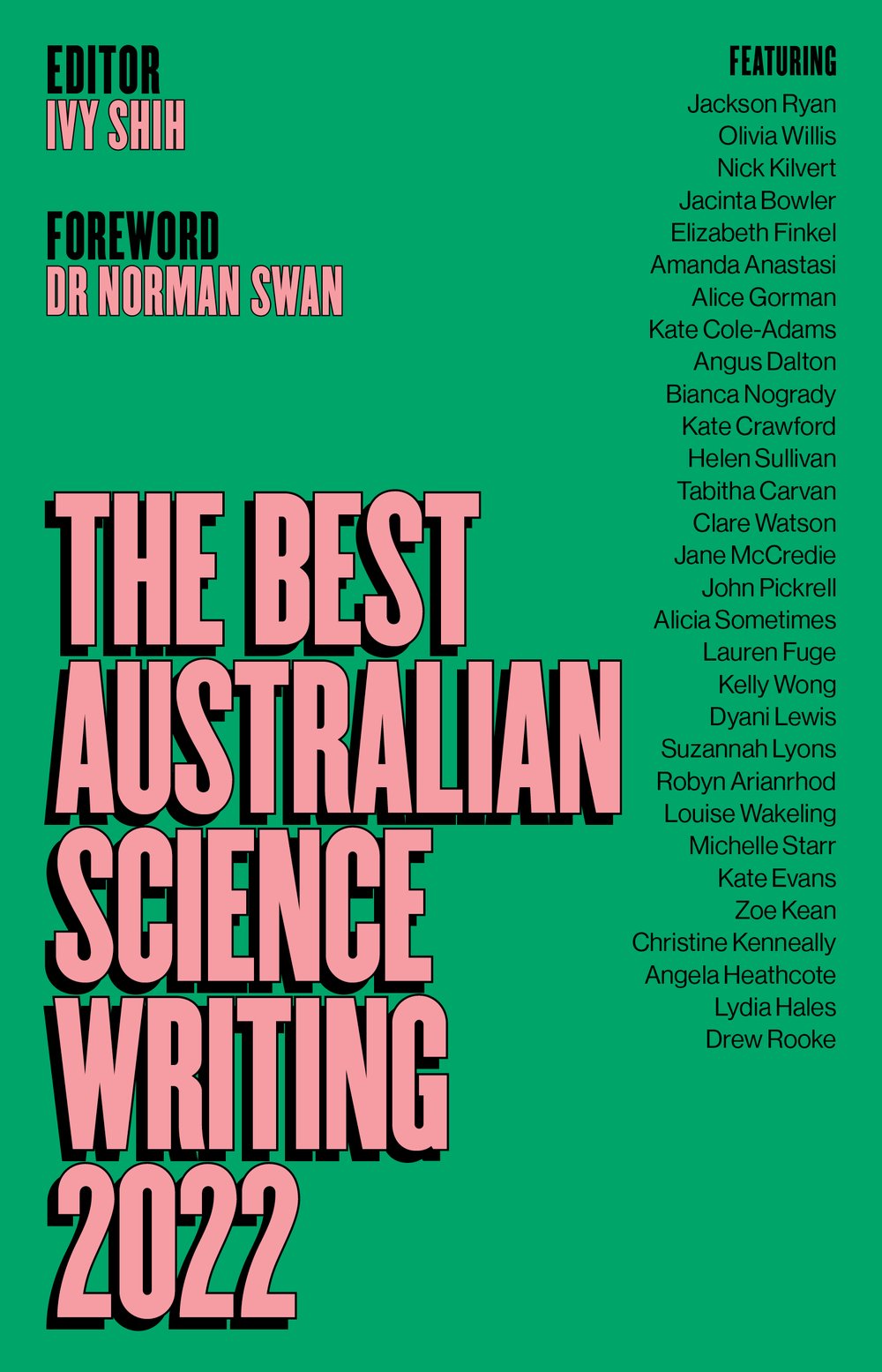Lauren Fuge has won the 2022 UNSW Press Bragg Prize for Science Writing for her essay ‘Time travel and tipping points’, originally published in Cosmos Magazine.
Fuge's story transports us to the Flinders Ranges outside Adelaide. As she walks the arid landscape, she masterfully weaves personal introspection with Earth's geological history. Beautifully written and timely, the essay explains what plate tectonic research has revealed about Earth's past, about evolution, climate and the seismic shifts we are witnessing in our own geological period.
'I’m stoked to win the Bragg Prize. In a world that is rapidly changing and destabilising around us, science writing is needed more than ever – not only to understand and make sense of these changes, but to act as a space in which to explore the different paths our species can now choose to walk. My most pressing task as a science writer is to find new and different ways to tell stories about the climate crisis, so it means a lot for this work to be recognised by the Bragg Prize,'
Runners-up prizes were awarded to Helen Sullivan for her essay 'A Syrian seed bank’s fight to survive' and Olivia Willis for 'Spillover in suburbia'. These and Fuge's winning essay will be published alongside the other 27 longlisted entries to the prize in The Best Australian Science Writing 2022, NewSouth’s annual collection featuring the finest Australian science writing of the year.
This year The Best Australian Science Writing anthology, edited by Ivy Shih, and the UNSW Press Bragg Prize for Science Writing attracted more than 250 entries from scientists, journalists, writers and poets. The book was launched at an event at the University of NSW this evening by Dr Norman Swan, science journalist, while UNSW Dean of Science Scientia Professor Sven Rogge presented the 2022 Bragg Prizes.
The UNSW Press Bragg Prize for Science Writing is an annual prize for the best short non-fiction piece on science written for a general audience. The winner receives $7000 and two runners up each receive a prize of $1500. The prizes and associated events are supported by the Copyright Agency Cultural Fund and UNSW Science.


